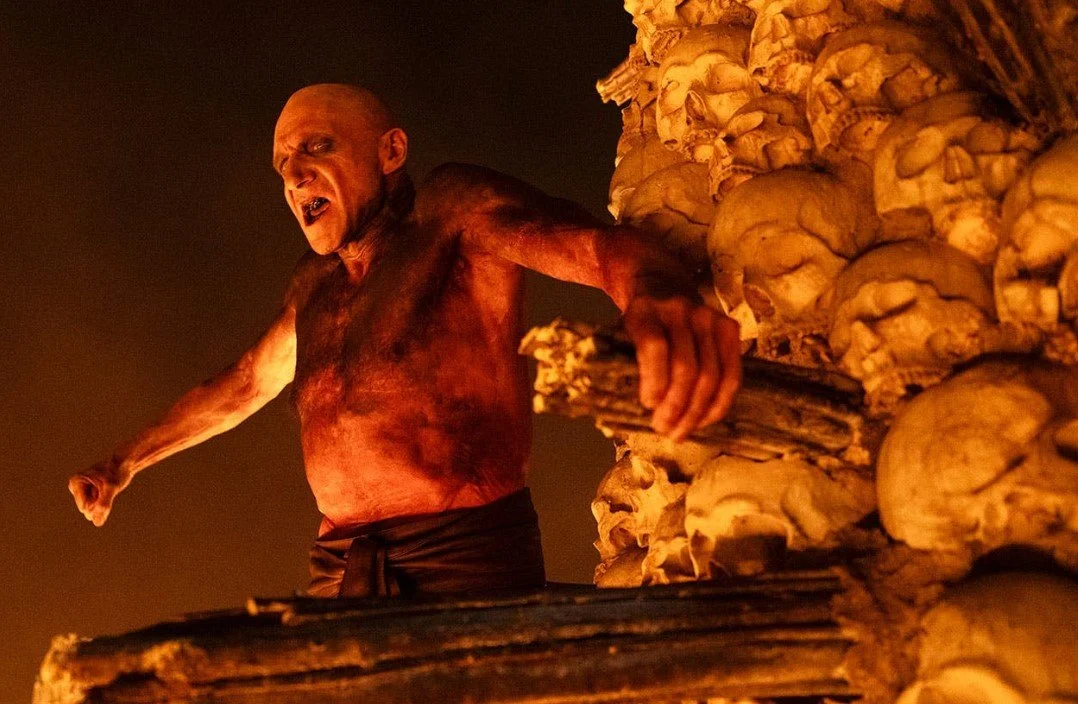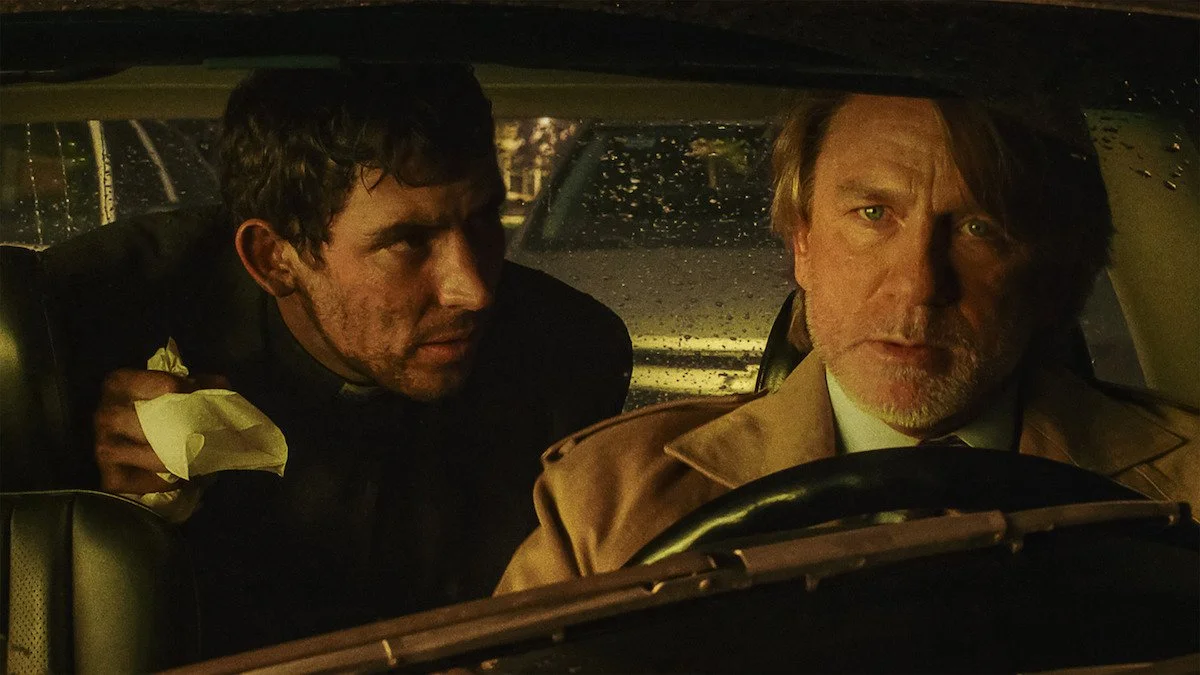‘She Said’ REVIEW: A retelling of how an article sparked a much-needed conversation
‘She Said’ REVIEW: A retelling of how an article sparked a much-needed conversation
Most of us were told to just shut up and move on whenever an unpleasant situation happened to us, in fear of being left out or judged. This mentality is magnified in the workplace, as sexual harrassment survivors often just ignore the problem or stay silent rather than bring it up to human resources, in fear of being ostracized, gossiped on, or even fired. In a case study done by the Philippine Business Coalition for Women Empowerment, 1 in 7 Filipino women experience sexual harrassment at least once every week. Although not the fault of the victims, the lack of reports or conversations about sexual harrassment and its perpetrators make it harder for sexual abusers at work to take any kind of accountability, because after all, silence “encourages the tormentor, never the tormented,” as said by the Nobel laureate and writer Elie Wiesel.
But this changed on the 5th of October in 2017, as journalists Megan Twohey and Jodi Kantor published a New York Times article regarding one of the most powerful men in Hollywood—film producer and sex offender Harvey Weinstein—and addressing the sexual allegations towards him at that time. This report sparked countless #MeToo revelations specifically in the workplace, started conversations and debates regarding the topic, ousted multiple high-profile executives and began systemic changes for women to have safe spaces at work—like it should’ve been in the first place. Both Twohey and Kantor launched a book titled “She Said: Breaking the Sexual Harassment Story that Helped Ignite a Movement” back in 2019, that inspired Emmy winner Maria Schrader to create a film of a similar title.
A still of Schrader’s She Said.
‘She Said’ as a title alludes to one of the reasons why people are reluctant to report their sexual assault experience: the fear of being dismissed as a ‘he said/she said’ story. Filmwise, its investigative nature and pacing is reminiscent of Spotlight (2015) and All the President’s Men (1976), as it retells how Twohey and Kantor began a months-long journey in writing the article that helped in taking Weinstein down. It shows the behind-the-scenes of what the authors experienced while writing the report, from the difficulty of getting information, the intimidation and harassment from Weinstein’s team, and the heartbreaking stories coming from the Weinstein’s victims, before making it into a New York Times article that we can read today.
One thing that makes She Said stand out from the rest is its unique way of showing the stories of the victims of Weinstein. There are no scenes or depictions of rape or sexual assault shown on screen; instead, it showed how the seemingly safe hotel hallways and rooms are the places where nefarious things happened, all while the audience listens to the audio of the victims retelling their stories. It made the scene more powerful by amplifying the voices of the victims while refusing to show triggering imagery just to get the point across. Another aspect that is admirable is the lack of Weinstein in the film itself. While there are glimpses of his back and audio recording of his voice that were used, the face of the actor playing him was not even shown once. Despite this, his presence is truly felt through his intimidating tactics towards the writers, the newspaper company and especially his victims. The suffocating feeling of a character we never even see is something that the film expressed exquisitely well.
A still of Schrader’s She Said.
Carey Mulligan and Zoe Kazan astoundingly portrayed Twohey and Kantor, respectively. The audience can truly feel the frustration, the anger, and the grief emanating on screen during the entire film, particularly whenever either or both actors listen to the sexual assault stories of the women they’re interviewing. Both actors also showed a dynamic in which one relies on the other for emotional support during a crucial investigation of a powerful man. Andre Braugher also presented the executive editor of the New York Times at that time, Dean Baquet, commendably, especially during the scene where he is conversing with Weinstein trying to intimidate him, the writers, and the New York Times.
The film did a remarkable job at portraying such a momentous event in the film industry and the workplace setting in general. But the fact that this has happened for too long, with some victims’ experiences dating since the 90’s, and ‘Weinsteins’ of other industries who haven’t been caught are still out there, should make us all vigilant and continue to listen to the victims, so no he said/she said rumors will ever cover up sexual abusers ever again.
The theatrical run of ‘She Said’ in Philippine cinemas will begin on November 23rd.
















